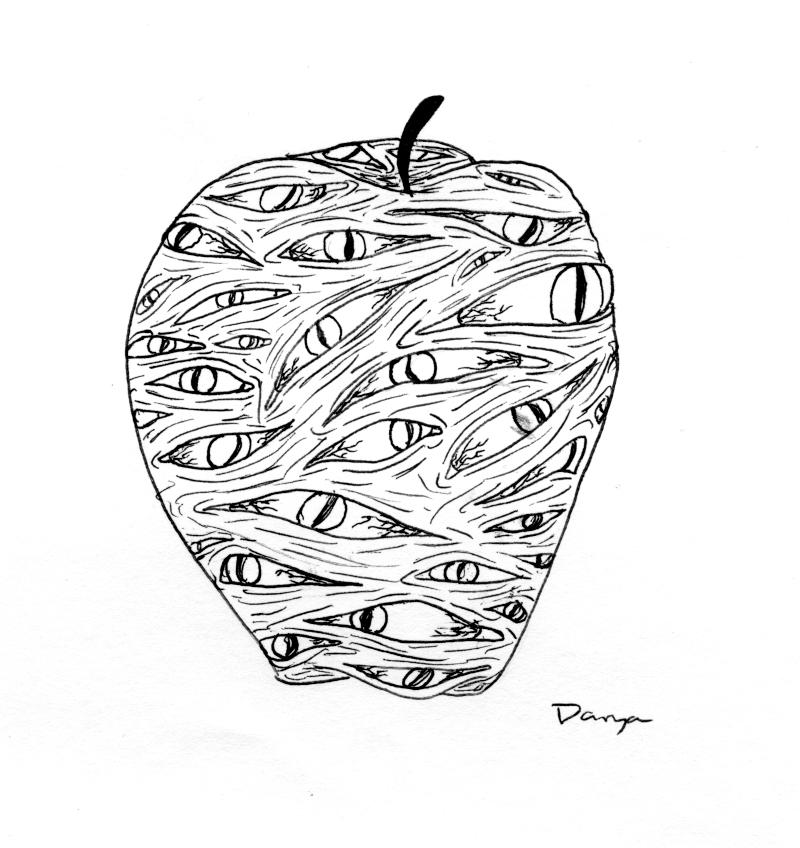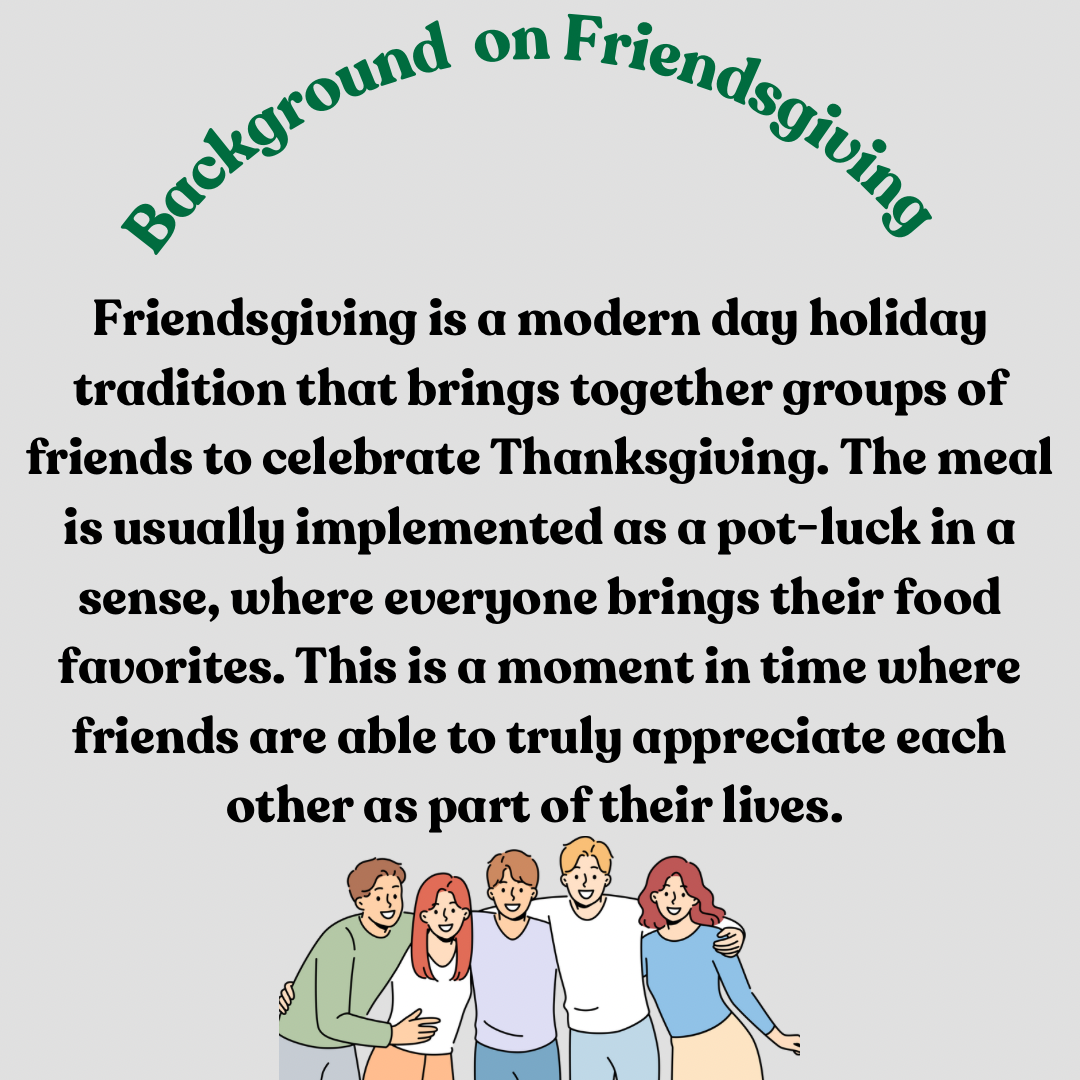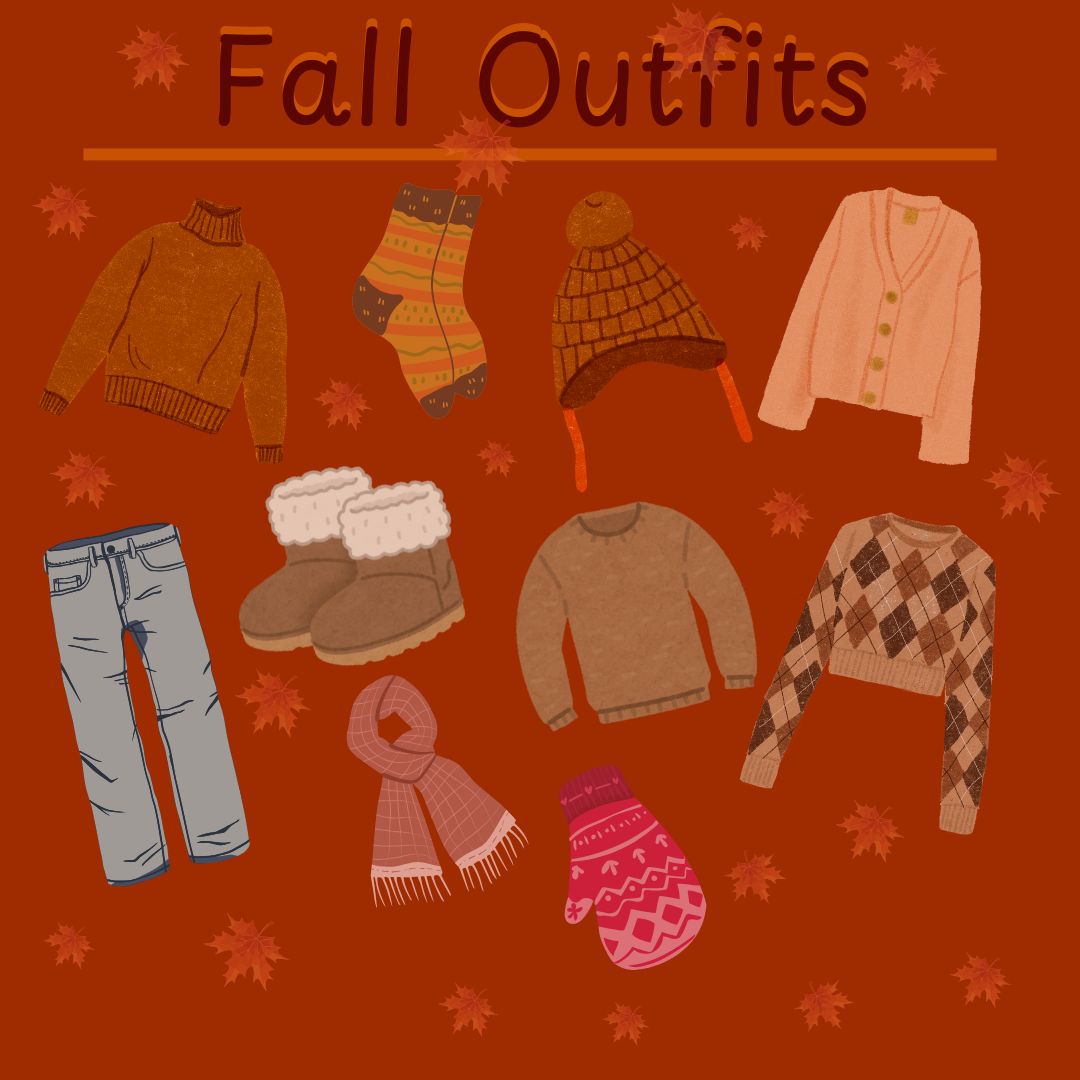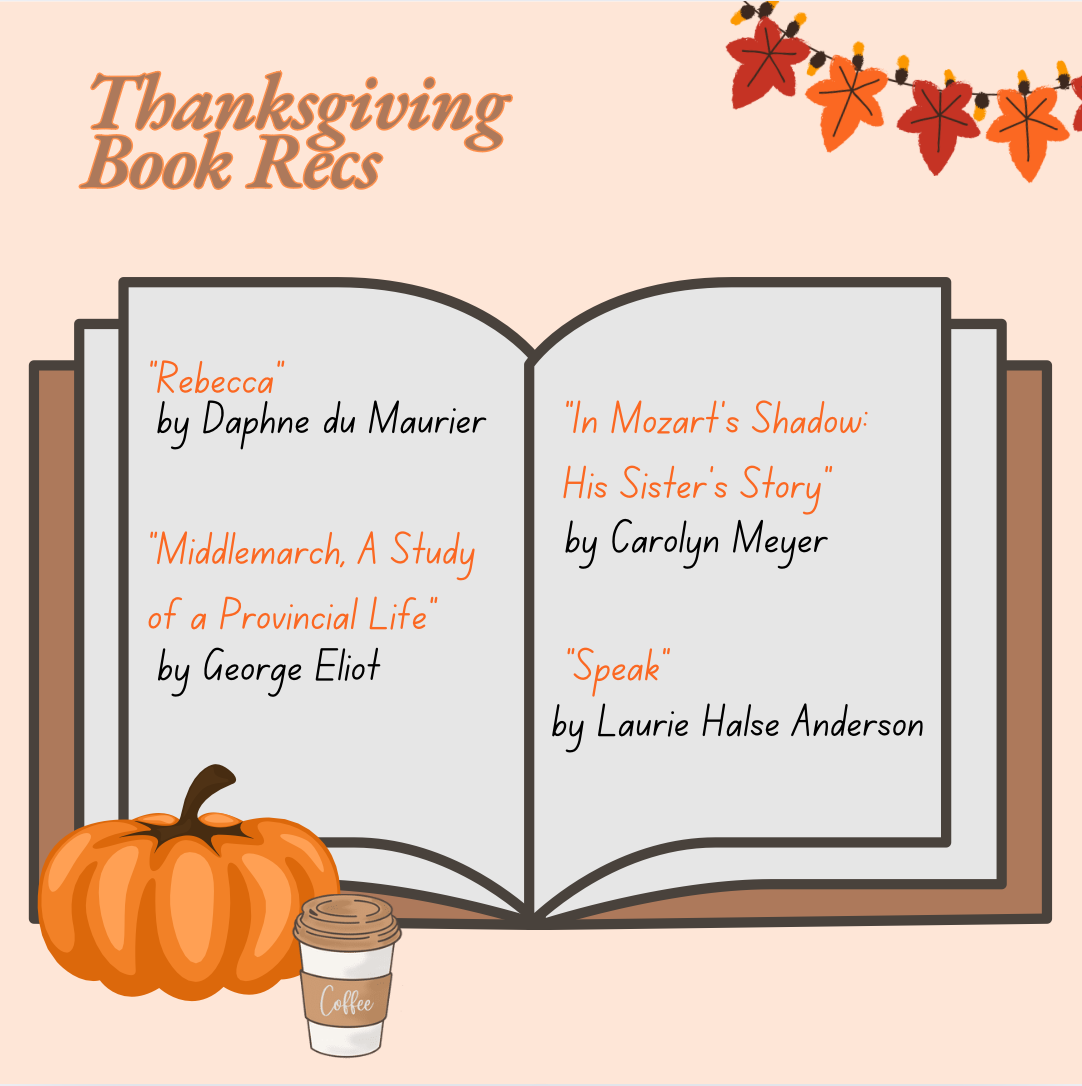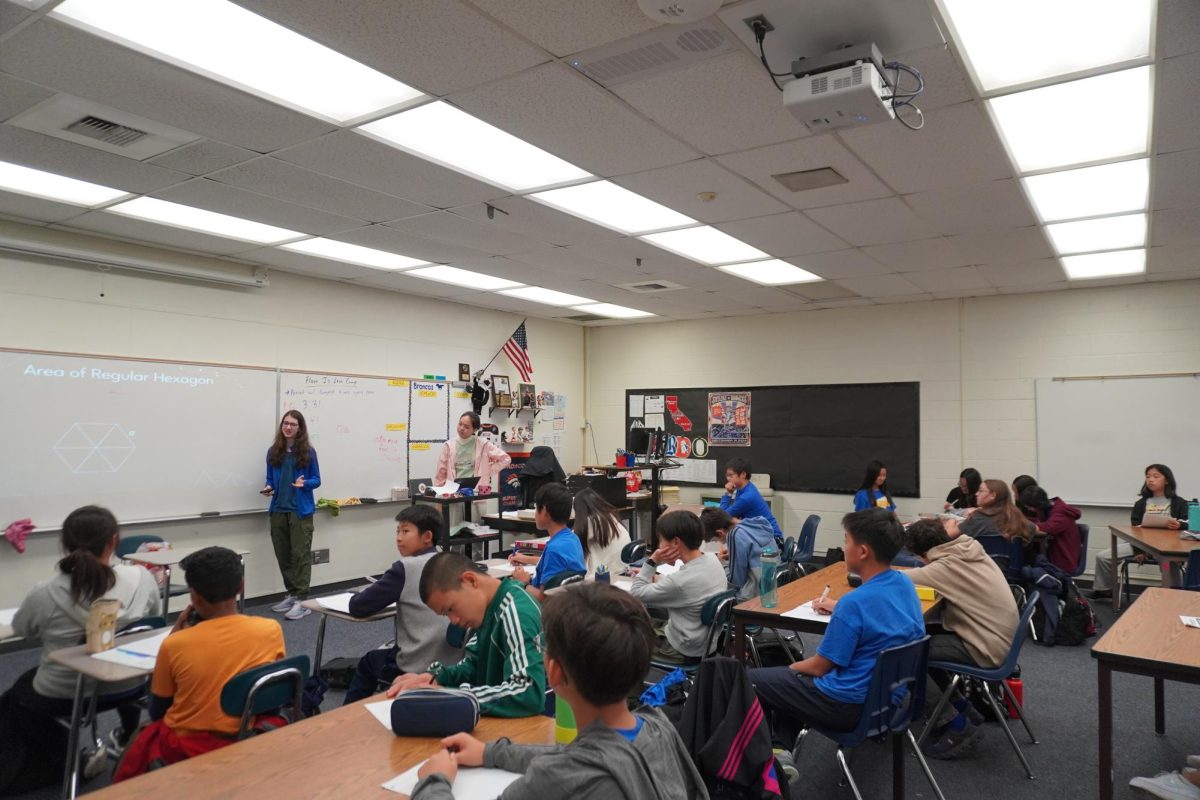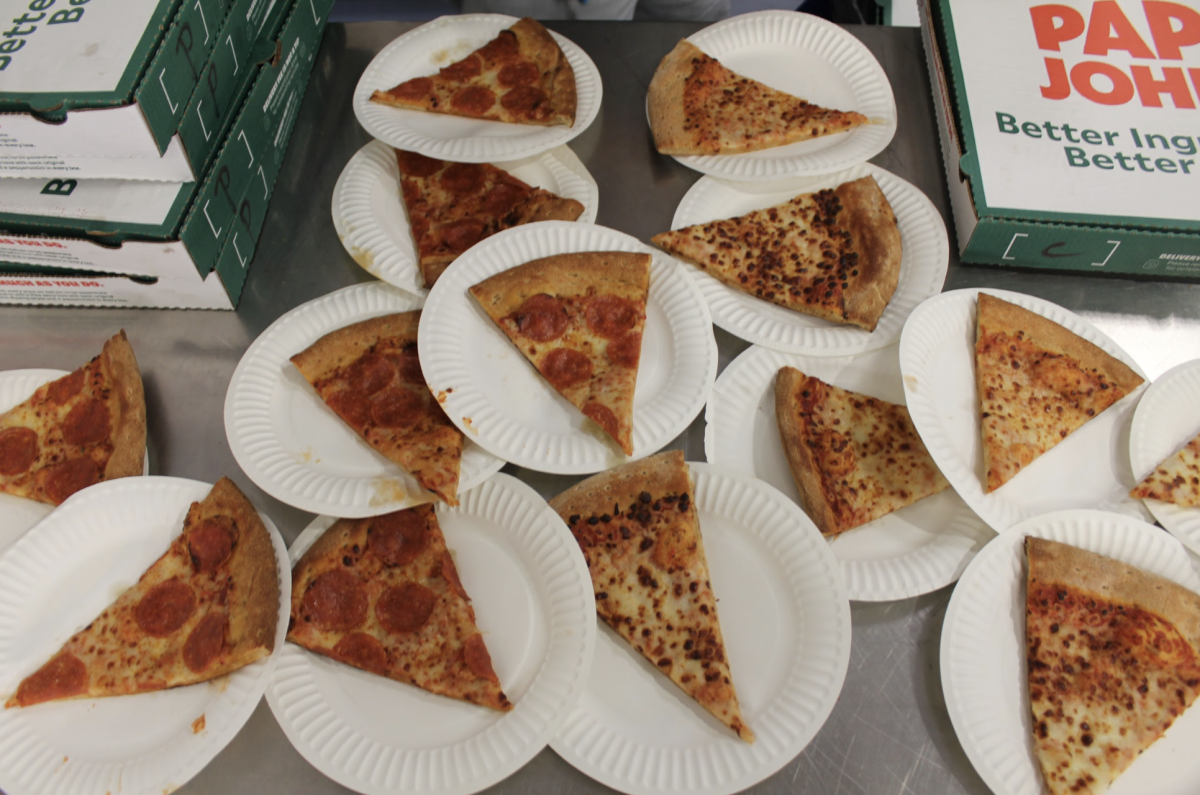
In 6th grade on Halloween night, my mom finally decided that it was time for me to watch my first scary movie. We went to Blockbuster and selected a PG-13 horror film,When a Stranger Calls (2006). I loved it. I loved every minute of it. I loved the ambiguity, the suspense, the abrupt pop-outs – everything. I was scared, but it was not an unpleasant feeling of terror. It was more like a feeling of excitement and exhilaration. A feeling I fell in love with.I moved on to more disturbing movies. I began reading scary stories in the middle of the night, and soon enough I was attending Halloween mazes every year. One year, I brought my cousin with me to Knott’s Berry Farm, and she was terrified, screaming at everything that moved.
Then she asked me an interesting question: “Why do you like coming to these places if it makes you so scared?” I was not sure how to answer it because I honestly did not know.
The multibillion dollar horror industry, which includes horror movies and haunted houses, targets our worst fears. Not only do we allow these companies to terrify us, but we also pay them to do so.
If you are a thrill seeker, you are probably familiar with that high you get from an adrenaline rush, but why do we like the feeling of fear? As humans, we need fear to protect us from possible danger. We are scared of heights because our bodies want to prevent us from falling off a cliff. We are scared of poisonous insects because they are threats to our bodies.
But, if the trigger of our fear does not pose any real threat (clowns, a creepy smile or even dolls), what is the point of feeling fear? There are many different theories and studies on this, one theory being that we are simply curious of the unknown. Frank Farley, psychologist at Temple University, said, “There is a long history of people being intensely curious about the ‘dark side’ and trying to make sense of it.”(webmd.com) The source of fear can seem somewhat illogical. You will be scared if your brain cannot process what the object is or what it means even though it is not necessarily anything threatening.
Farley also said, “Some people may just enjoy the physical aspects of being frightened: sweaty palms, racing heart, etc.” Fear causes an adrenaline rush that puts you on a kind of high that can make you feel more excited than terrified. That is the feeling that some people crave, the feeling of ambiguity that gives them this thrill. Chloe Sutton (Sr.) said, “I watch [horror movies] to satisfy my curiosity. The trailers freak me out, but I want to know what happens.”
Another psychologist, David Rapport, suggests that it may just be the forbidden nature of watching an R-rated horror movie that hypes people up. He said, “Most of these films depict transgressions of conventional values and morality. There is an attraction to their forbidden nature in the same way that many adolescents want to know what it’s like to drink too many beers or drive a car too fast.” (webmd.com)
So to answer the question, “Why do we like to be scared?” there is not a distinct answer. Maybe you enjoy the physical aspects of being scared, maybe you are curious of the unknown or maybe you just enjoy doing what you are not supposed to do. Either way we cannot avoid the obvious – people like to be scared.
Staff Writer



